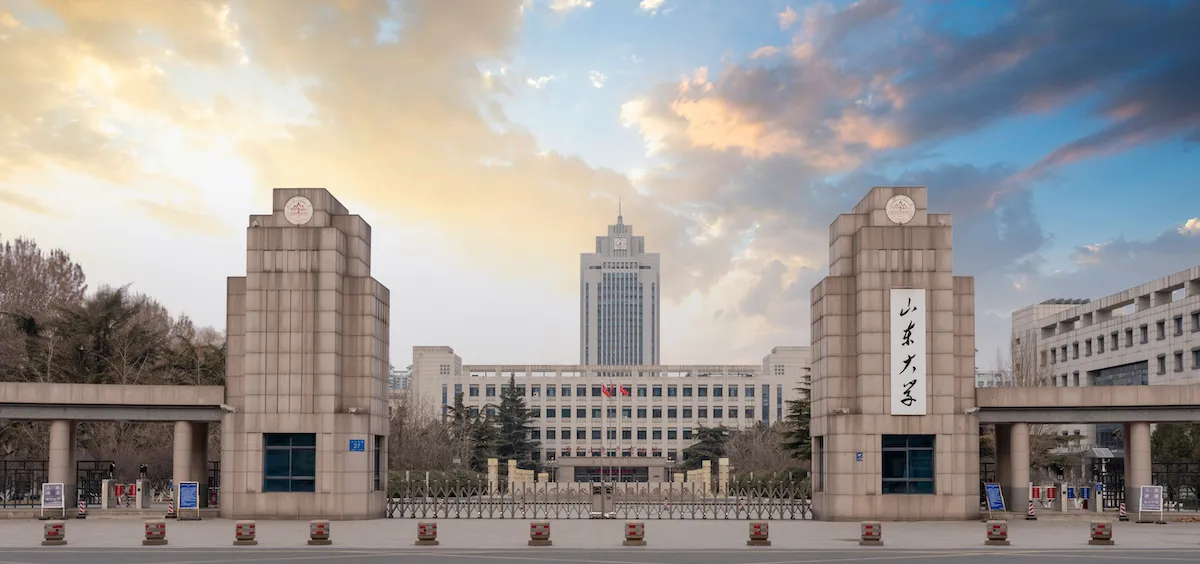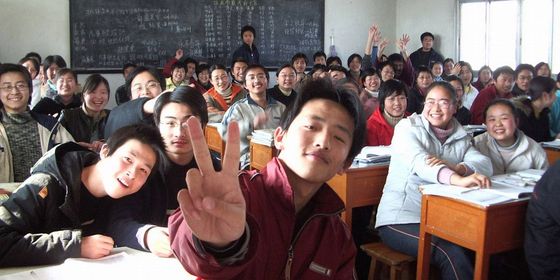Special treatment for internationals has long been a thorny issue in Chinese universities
Controversy over a university’s “buddy system” for overseas students has led to fierce opposition to the “super national treatment” (超国待遇) foreigners are believed to enjoy in China, and exposed the tightrope authorities must walk when “internationalizing” higher education without appearing to engage in “foreigner worship.”
Last week, Shandong University was criticized for a program that paired international students, who were overwhelmingly male, each with up to three Chinese “companions,” who were mostly female.
The disparity in treatment between Chinese and international students has long been a sensitive topic. In 1988, violent protests broke out in Nanjing targeting African students. In 2018, a video entitled “One Country, Two Dorms,” made by a foreign student, went viral due to the shocking differences it laid bare between international and domestic campus accommodations.
In July last year, students at Wuxi Institute of Technology were forced to move out of their dorms and into an older building in order to make way for foreign students.
“Foreign emperors,” as overseas students are sometimes called, enjoy much better living conditions, lower entry requirements, and less rigorous studies at Chinese universities. Even more galling to local students is that many receive scholarships that cover their full tuition and provide generous monthly grants for living expenses. In 2018, 492,185 foreign students studied in China, according to CGTN, with 63,000 of those receiving scholarships, a proportion it declares to be much higher than for domestic students.
“It’s so easy for [foreigners] to get a scholarship, even the worst students,” Li Yang, a student at Beijing Normal University, tells TWOC. Such accusations have particularly affected African students, who were blamed for China’s rising AIDS rates in a racist op-ed last year; and South Koreans, who have complained about hostility from Chinese classmates and even professors due to their reputation as slackers.
In 2018, China’s Ministry of Education announced an increase of 16.6 percent to its budget for international students’ education, prompting criticism. “What is Shandong University spending taxpayers’ money on? It’s not for research, but to attract foreigners,” reads one comment on Zhihu.
These responses come amid similar nativist objections over money that China’s government spends abroad. When the government announced 60 billion US in loans and aid to African countries at last year’s Forum on China-Africa Cooperation, online commentators questioned whether the money would be better spent at home.
The government hopes to attract 500,000 foreign students into Chinese universities by 2020. Scholarship funds are particularly targeted at countries involved in the Belt and Road Initiatives, with which China hopes to build good relations.
However, some foreign students receive stipends reportedly above the average monthly wage in their home countries, which are seen as excessive by local Chinese students who nearly always pay their own way.
Resentment over “super-national treatment” doesn’t stop at universities: Last week, a foreigner was filmed pushing a policeman after being stopped for a traffic offense, but was let off with only a stern talking-to. Last Saturday, Nanjing security officers were caught fining a Chinese woman for drinking milk tea in the subway, while a white woman eating a sandwich on the same train was simply given a warning.
The backlash laments foreigner privilege but sometimes also descends into blatant anti-foreigner hatred. A racialized cartoon of a foreigner fondling two Chinese students has circulated online, while internet trolls welcomed the stabbing of a Pakistani student last week.
Though Shandong University has since apologized for the “negative effects” of its program, the disparities in living arrangements and scholarships are unlikely to change. Universities want to encourage more overseas students, and high scholarships achieve this—at an increasingly high cost.
Cover image from VCG












